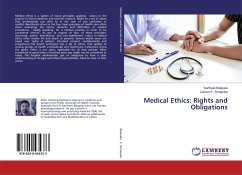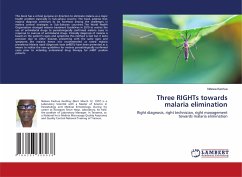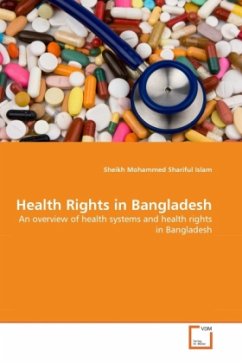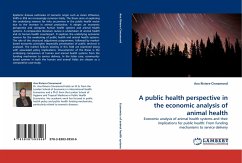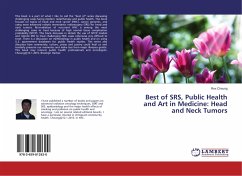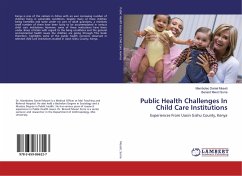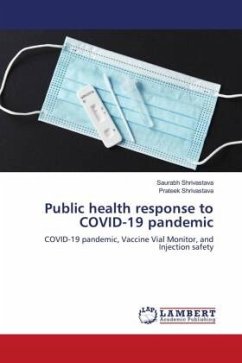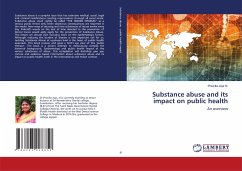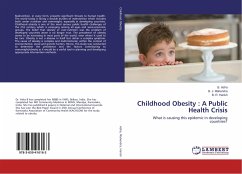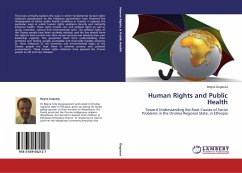
Human Rights and Public Health
Toward Understanding the Root Causes of Social Problems in the Oromia Regional State, in Ethiopia
Versandkostenfrei!
Versandfertig in 6-10 Tagen
47,99 €
inkl. MwSt.

PAYBACK Punkte
24 °P sammeln!
This book primarily explores the ways in which fundamental human rights violations perpetuated by the Ethiopian government have hindered the development of better public health conditions in Oromia. It explores the particular ways in which human rights violations directly and indirectly influence health. These rights include civic and political rights as well as social, economic, cultural and environmental ones. The political rights of the Oromo people have been routinely violated, and this has denied them the right to have control over their school curricula and develop their own leadership c...
This book primarily explores the ways in which fundamental human rights violations perpetuated by the Ethiopian government have hindered the development of better public health conditions in Oromia. It explores the particular ways in which human rights violations directly and indirectly influence health. These rights include civic and political rights as well as social, economic, cultural and environmental ones. The political rights of the Oromo people have been routinely violated, and this has denied them the right to have control over their school curricula and develop their own leadership capacity. This prevented them from understanding their problems and finding socially acceptable and financially feasible solutions to them. Violations of the economic and environmental rights of the Oromo people has kept them in extreme poverty and polluted environments. These human rights violations have exposed the Oromo people to old and new diseases.



